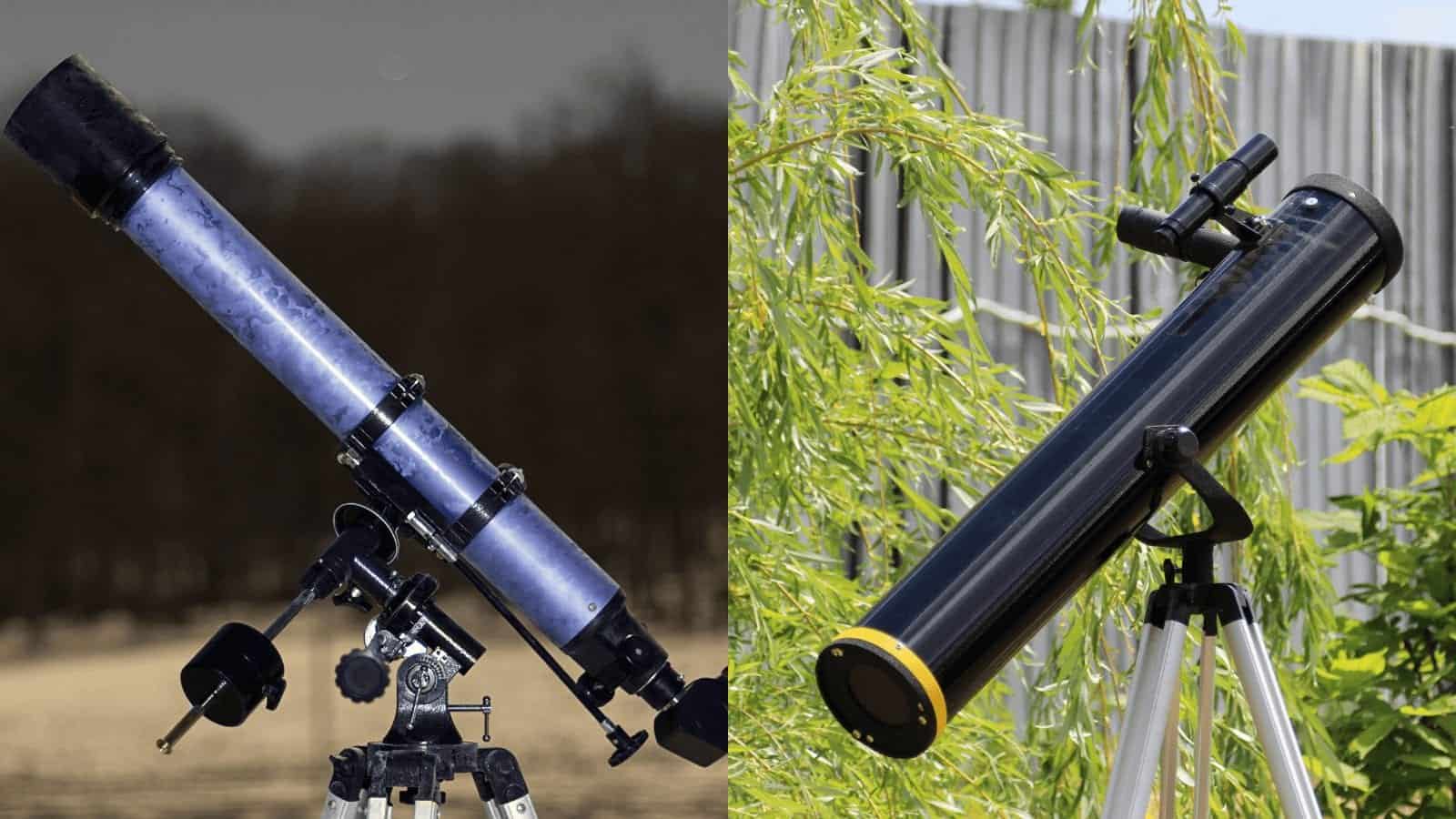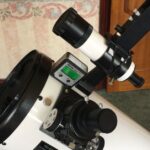Optical Tube Vs Telescope. Explore our collection of optical tube assemblies from Explore Scientific, Meade, and more trusted brands. We carry assemblies for several mount types. Optical Tube Assemblies. A catadioptric telescope is an optical system that is optimized for producing images of objects at an infinite distance, incorporating both refractive optics (lenses) and. Telescope Optical Tubes. Lunt Solar 60mm f/7 Universal Day & Night Use Modular Telescope with 12mm H-a Blocking Filte… Lunt Solar 60mm f/7 Universal Day & Night.

Optical tubes and telescopes are two of the most common instruments used for astronomical observation. Although the two can look quite similar, there are several key differences that distinguish one from the other. In this article, we’ll explain the difference between optical tubes and telescopes.
Also Read
An optical tube is a tube-shaped instrument that contains one or more lenses, prisms, or mirrors. It is used to observe and magnify small objects, such as stars and planets. The most important components of an optical tube are its lenses, which can be used to focus and magnify the image. Optical tubes come in a variety of sizes, ranging from handheld to those that are much larger. Optical tubes are typically used by amateur astronomers and are often mounted on a tripod.
A telescope, on the other hand, is a much more complex instrument. Unlike an optical tube, which is limited to one or more lenses, a telescope has a variety of components, including lenses, mirrors, and other optical elements. Telescopes are often much larger than optical tubes and are typically mounted on a special mount or tripod. Telescopes can be used to observe a variety of objects, such as galaxies, nebulae, and other distant objects. Telescopes are often used by professional astronomers and are more powerful than optical tubes.
One of the key differences between optical tubes and telescopes is the type of optics they use. Optical tubes use lenses, while telescopes use a combination of lenses and mirrors. Mirrors allow for a larger field of view, which allows for more distant objects to be observed. Telescopes also typically have a wider range of magnification than optical tubes.
Another difference between optical tubes and telescopes is the type of mount they are attached to. Optical tubes are usually mounted on a tripod, while telescopes are usually mounted on a special mount. Telescopes require a mount that is specifically designed to handle the weight and size of the telescope. This is one of the reasons why telescopes are more expensive than optical tubes.
Finally, the cost of optical tubes and telescopes varies greatly. Optical tubes are generally much less expensive than telescopes, which can range from hundreds to thousands of dollars. However, telescopes provide a much higher level of detail and magnification, which makes them well worth the cost.
In conclusion, optical tubes and telescopes are two of the most common instruments used for astronomical observation. While optical tubes are typically used by amateur astronomers, telescopes are usually used by professional astronomers. The differences between the two include the type of optics they use, the type of mount they are attached to, and the cost. Hopefully, this article has helped you understand the difference between optical tubes and telescopes.
$130 Telescope vs. $600 Telescope vs. $1,750 Telescope
The 80mm refractor is a great first telescope for the budding astrophotographer, but there are so many choices! This video will review three to give you an idea of what to expect at different price points. Telescope Purchase Links ============================= Askar 80PHQ: tinyurl.com/askar80phq and 0.76x reducer: tinyurl.com/80phq-reducer Svbony SV503 80ED and 0.8x Reducer/Flattener: ebay.us/A5S4Eb Orion ShortTube 80 OTA: amzn.to/3B7CZo7…
The Optical Tube Assembly, or OTA, is the main part of the telescope. It gathers light and it’s where the eyepiece and all optical accessories go. The Mount is. The difference between optical telescopes and radio telescopes all comes down to wavelengths of light. Optical telescopes collect visible light and magnify it for viewing,. Some modern scope designs use a clever optical layout to squeeze a long focal length into a small optical tube. This telescope has an 8″ (200 mm) mirror with., Optical Tube Vs Telescope.











